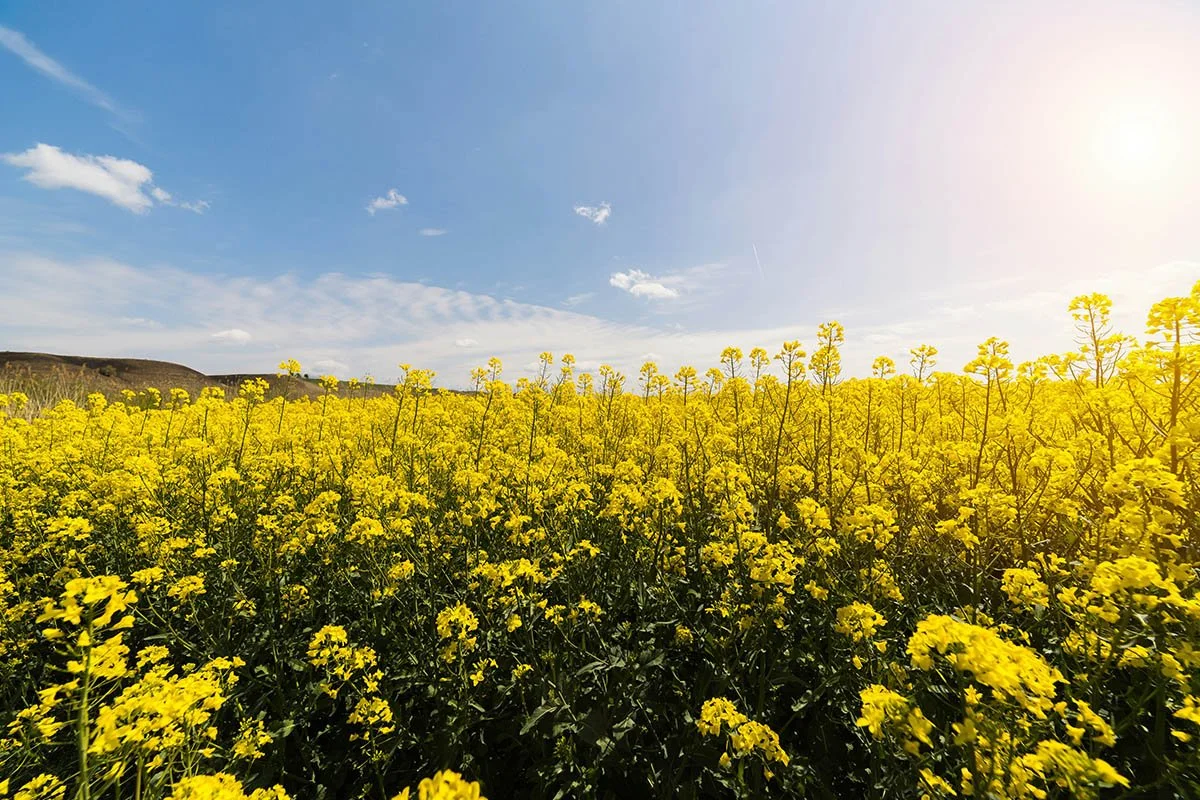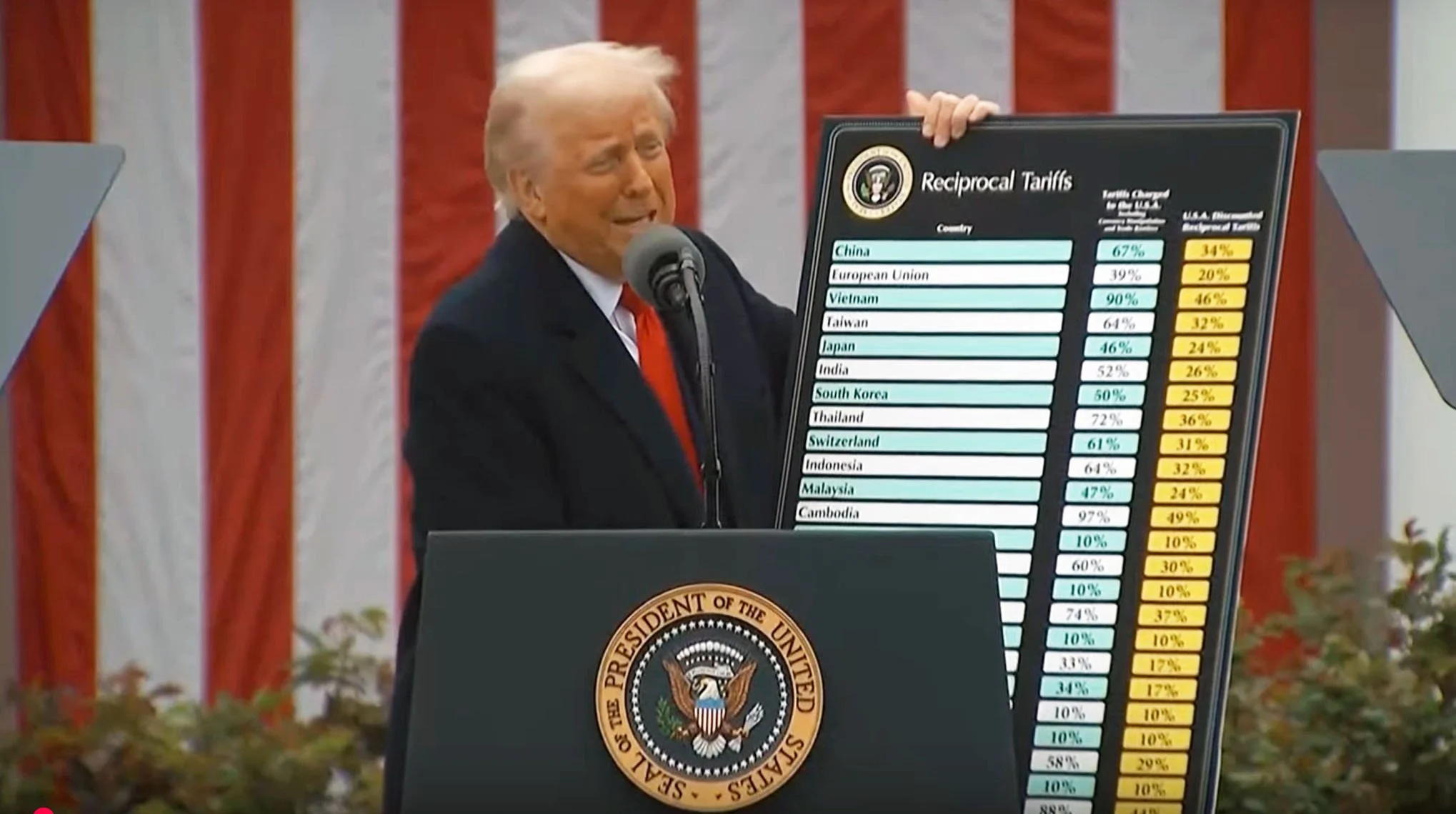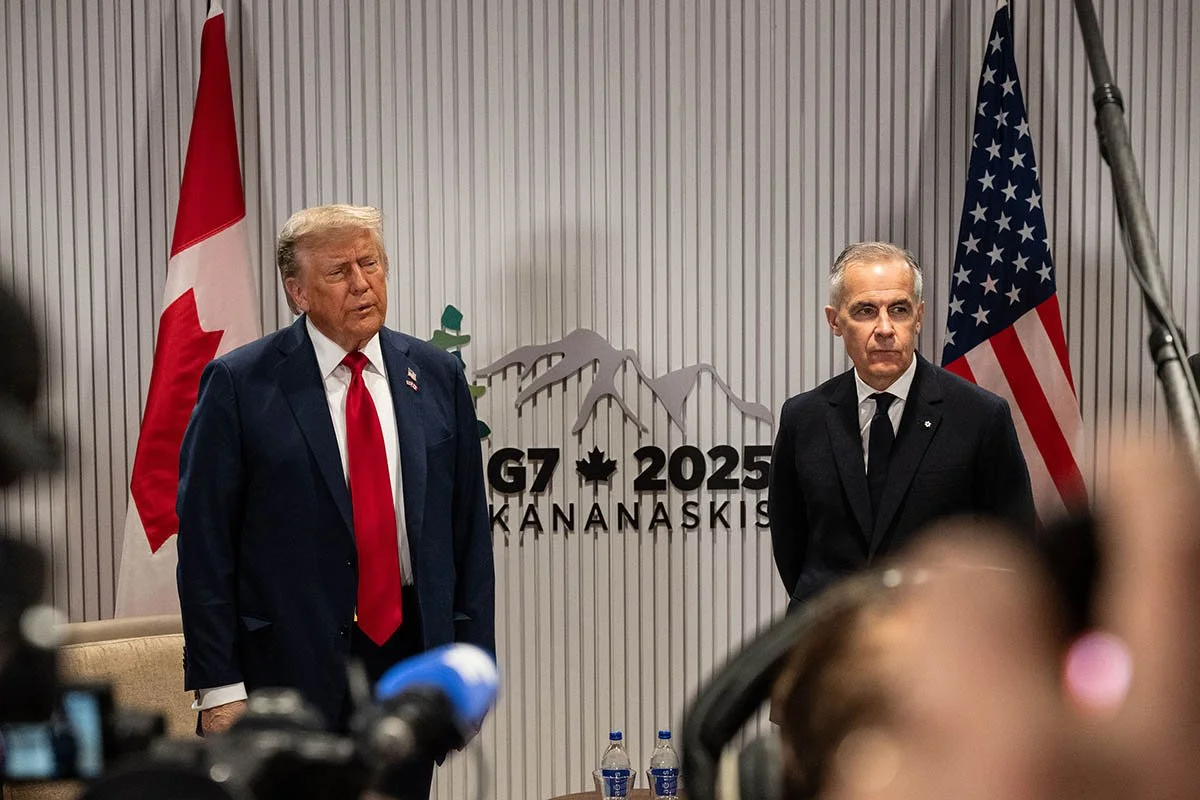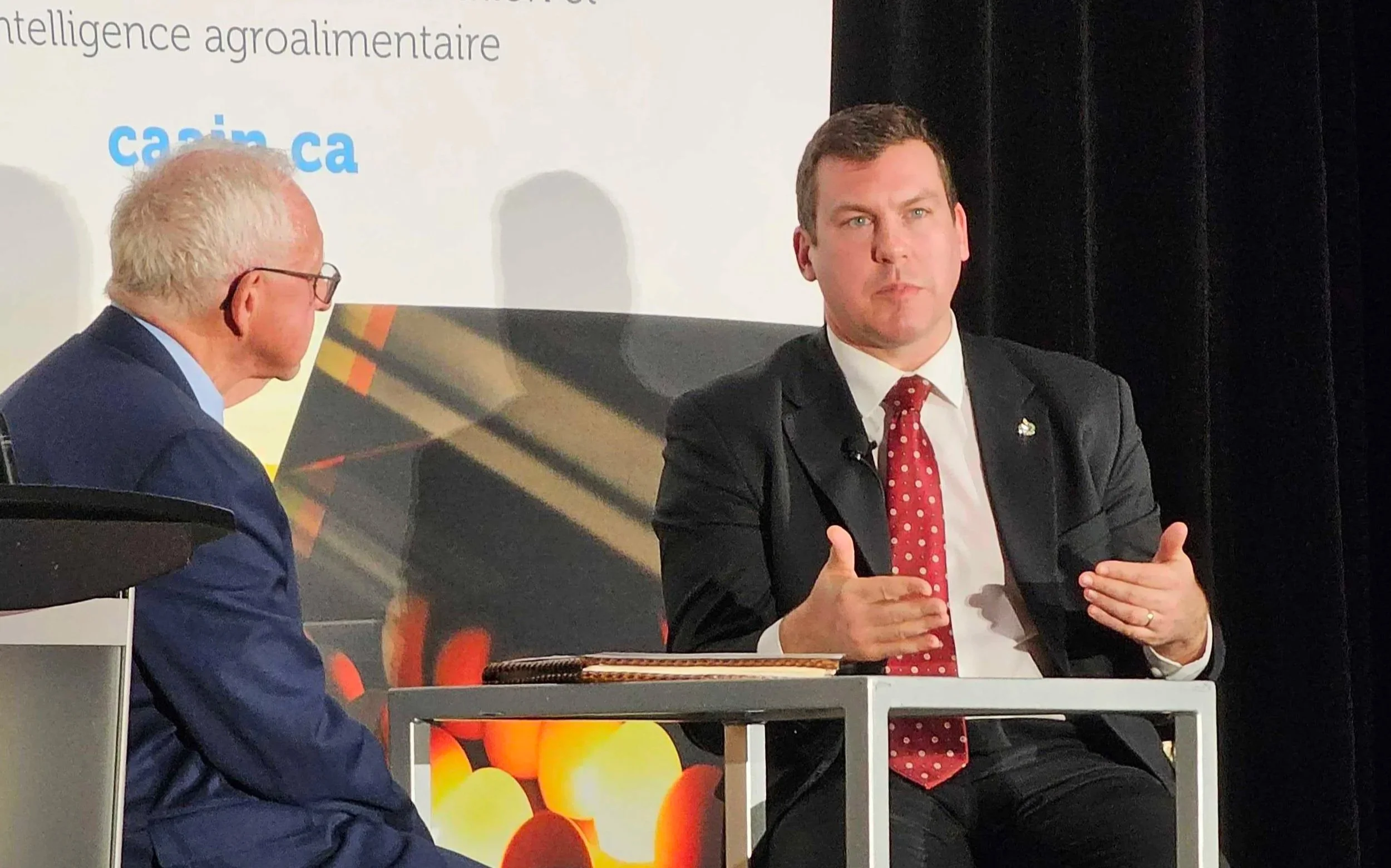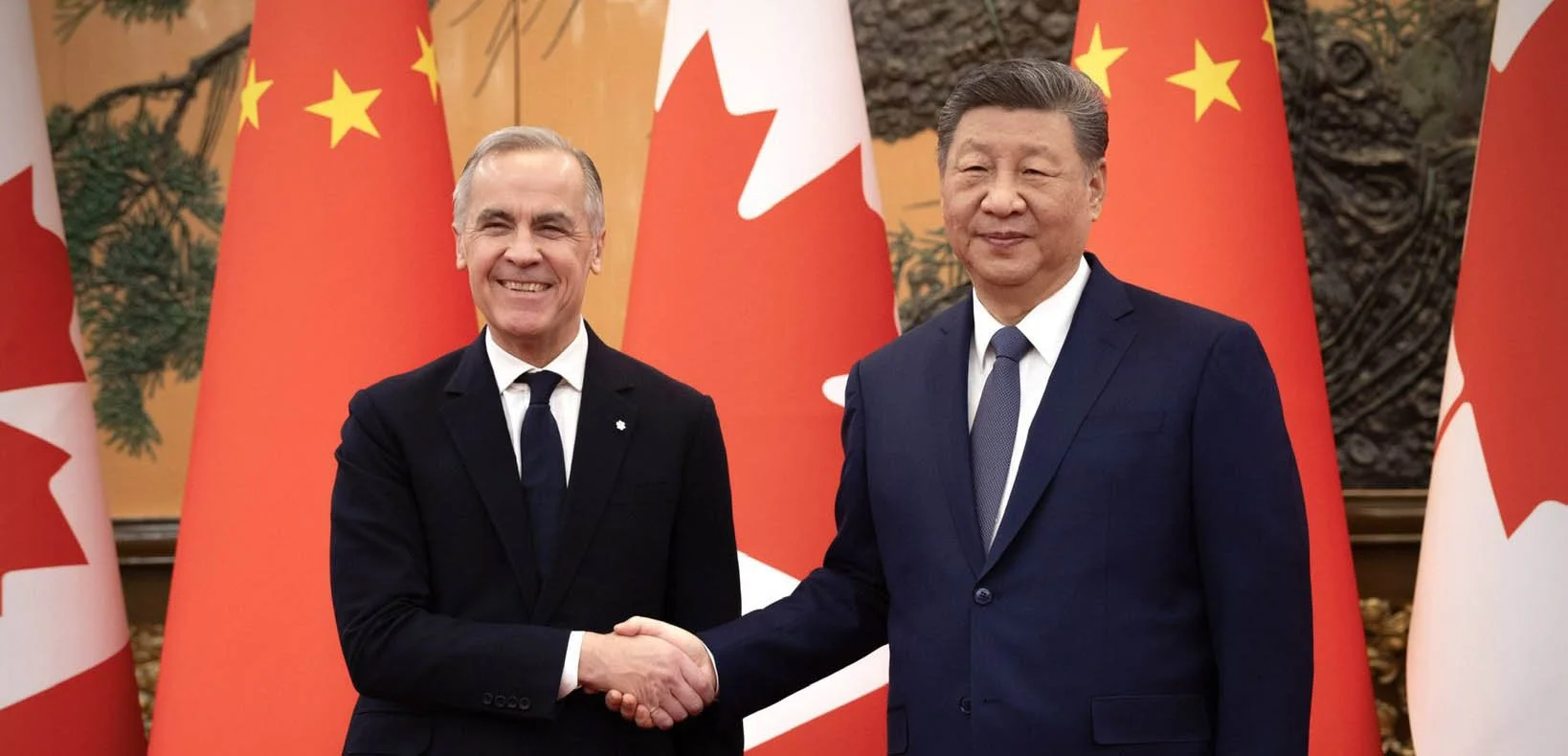Canada vows support for farmers as China imposes 75.8% tariff on canola seed
UNSPLASH PHOTO
Prime Minister Mark Carney said Thursday that Canada is taking steps to protect farmers in light of China’s preliminary anti-dumping duties on Canadian canola seed. He noted that if the duties are maintained, they could have serious impacts on many producers.
Carney and Saskatchewan Premier Scott Moe discussed measures to support farmers and plan to meet directly with industry leaders to explore options.
“Canada does not dump canola. Canadian canola products meet the highest standards, and our inspection systems are robust. We will advance a constructive dialogue with Chinese officials to address our respective trade concerns, while diversifying our trade abroad and supporting our canola producers at home,” Carney said on social media.
International Trade Minister Maninder Sidhu and Agriculture Minister Heath MacDonald echoed the Prime Minister’s stance, saying Canada was “deeply disappointed” with the new tariff. “Our hard-working farmers provide world-class food to Canadians and international trading partners. Canadian canola products meet the highest standards, and our inspection systems are robust,” the ministers said in a joint statement.
China announced a preliminary 75.8 per cent tariff on Canadian canola seed, effective Thursday, nearly a year after launching an anti-dumping probe in response to Canada’s 100 per cent tariff on Chinese electric vehicles. The measure effectively closes the Chinese market — previously valued at nearly $5 billion — to Canadian canola.
In response, Canola Council of Canada president Chris Davison said, “With this preliminary determination of dumping for canola seed together with the existing 100% anti-discrimination tariffs on canola meal and oil, the Chinese market is effectively closed to the Canadian canola industry.”
Provincial leaders have urged swift federal action. “We are asking that this be dealt with immediately,” Saskatchewan Premier Moe said, highlighting that the canola sector supports 200,000 jobs and is larger than the steel, aluminum and electric vehicle industries combined.
Alberta Agriculture Minister RJ Sigurdson added, “Alberta’s farmers, ranchers and processors did not create this situation, yet they are paying the price.”
Despite the tariff, Davison stressed that the industry will continue serving Chinese customers, calling the dispute “a political issue that requires a political solution.”

